Final Fantasy 7 Rebirth offers three difficulty modes to choose from at the beginning: Easy, Normal, and Dynamic. We’ve tested all three so we can recommend the right mode for you.
Some fans will have already decided which mode to pick long before Final Fantasy 7 Rebirth even launched. If you haven’t kept up with all the pre-release material or skipped Rebirth‘s generously sized demo, though, here’s an explainer on what each difficulty mode changes to help you choose.
Every difficulty mode in Final Fantasy 7 Rebirth, explained
Easy
As you’d expect, Easy mode is for first-time players who might be unfamiliar with action-RPGs, or have primarily picked up Rebirth for its story and just want a breezy time making it to the end. Battles should never be a problem for you on Easy mode since you take little damage from enemy attacks and the Limit gauges fill much quicker. You can probably get away with spamming regular attacks while throwing out the occasional ability or spell. We do have a beginner’s guide to Rebirth to help you prepare for the adventure, but RPG newbies will be just fine playing on Easy.
Normal
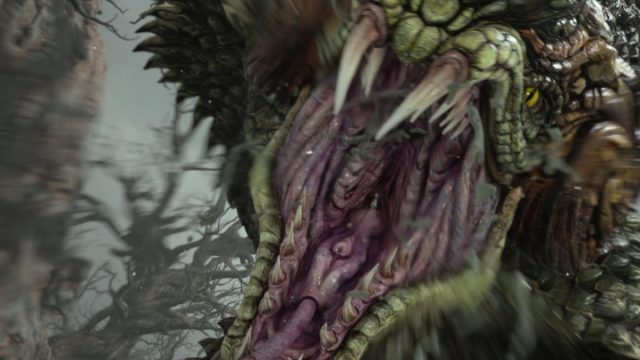
Normal is the standard difficulty level for those who want at least some challenge from Rebirth‘s combat. While certain battles, like the boss fight with the Midgardsomr, demand more strategy and better equipment, there should never be anything too taxing that’ll leave you stumped for ages or force you to grind levels for hours. If you managed to complete Final Fantasy 7 Remake on Normal difficulty, you should be able to do the same in Rebirth.
Dynamic
Dynamic is a brand-new difficulty mode introduced for Rebirth, and it’s the most interesting option. With Dynamic mode selected, the game will regularly adjust its difficulty to match your skill level. This way, any enemies you encounter will always be around the same level as you. So, grinding is pointless; you’ll never be more powerful than the enemies. Since enemies grow stronger alongside you, this also means you can’t return to starting areas and have a breezy time killing enemies in a few hits. Since you can’t overpower foes, this mode demands you pay more attention to your party’s loadouts, such as their armor, accessories, and Materia.
Hard
Just like in Remake, there is a Hard difficulty mode, but you have to unlock it by clearing the main story. As tough as Dynamic mode can be, Hard is definitely the most challenging difficulty. It functions identically to the Hard mode from Remake as it gives enemies more health and makes them hit harder, as well as removing your ability to use items, both in and out of combat. Plus, rest stops only refill your HP, not your MP, meaning you can’t use spells too often.
Final Fantasy 7 Rebirth: which difficulty should you pick?
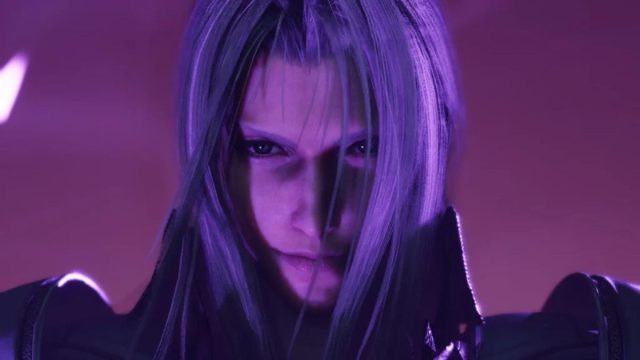
If you want to enjoy Rebirth and its story at your own pace, then you should pick Easy or Normal difficulty. I personally think it’s worth choosing Normal, since it makes battles more enjoyable, but there’s no harm dropping down to Easy should a particular fight give you too much grief.
For those that want more of a challenge, you definitely want to pick Dynamic mode. It may not be as nail-bitingly tough as the unlockable Hard mode, but it will ensure Rebirth‘s combat never gets too easy. Plus, it eliminates the need to grind levels, forcing you to focus more on optimizing the party’s skills, weapons, and Materia.


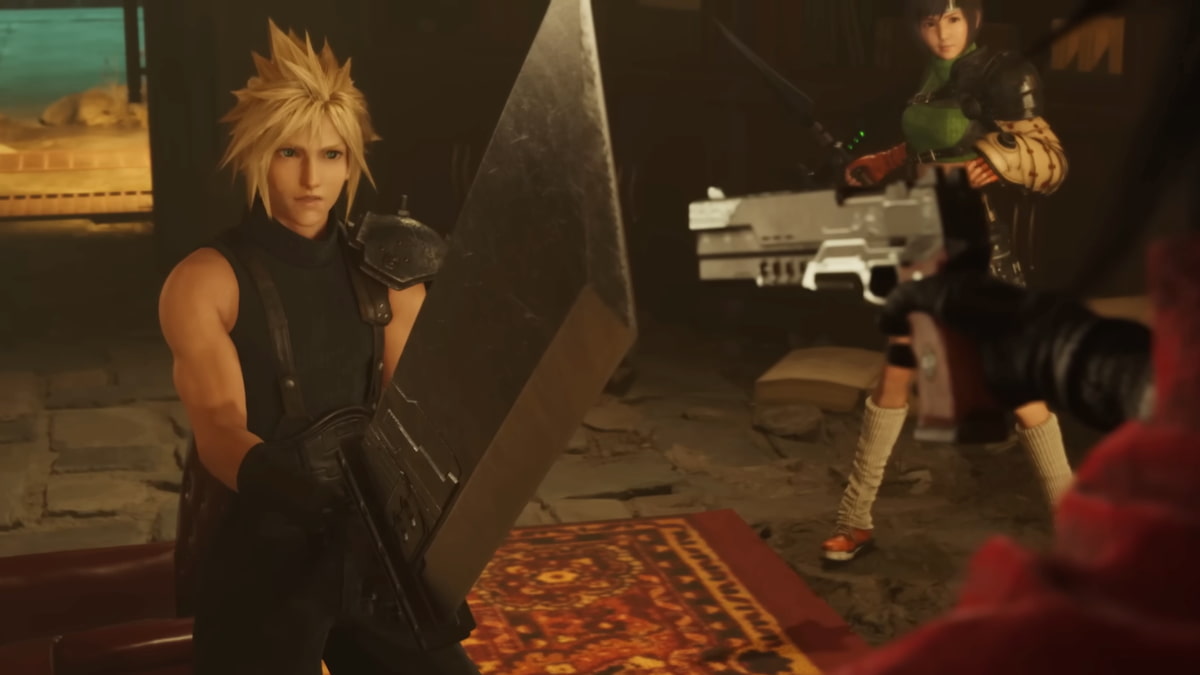

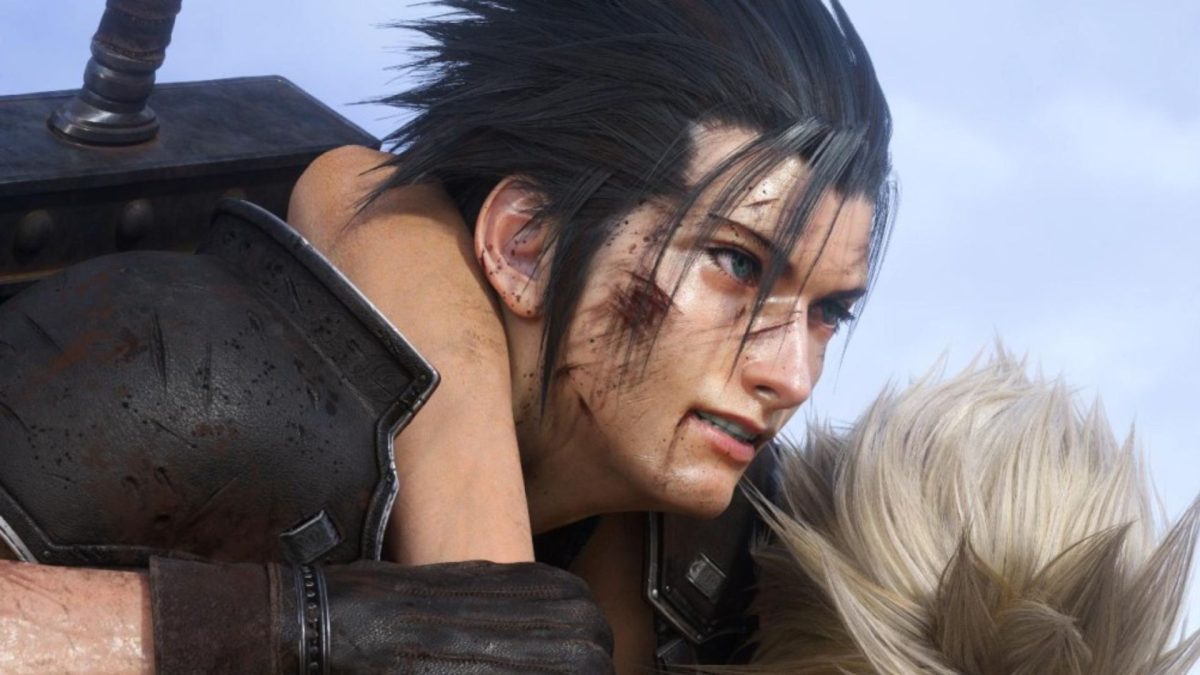
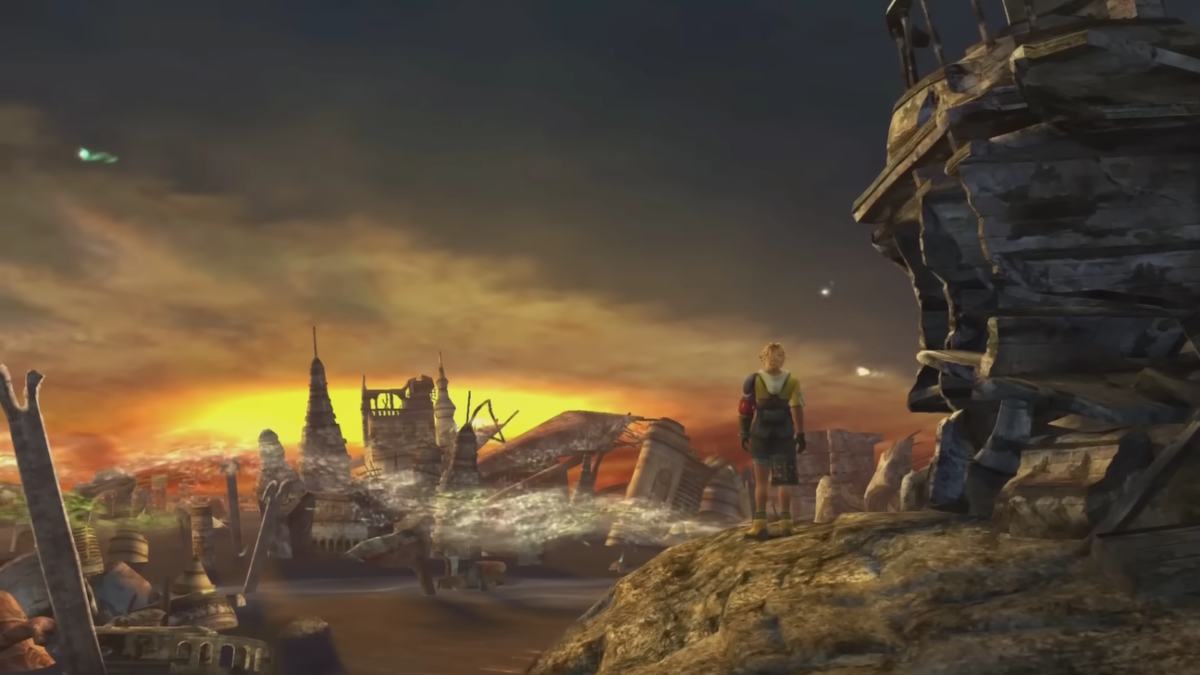
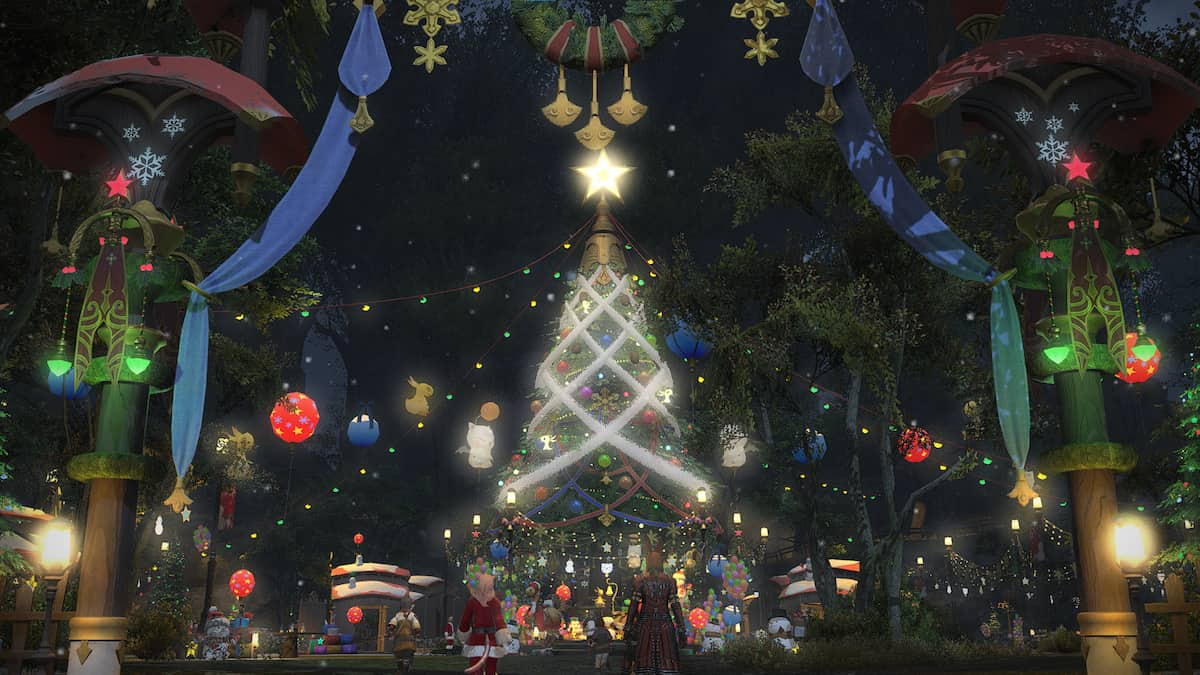
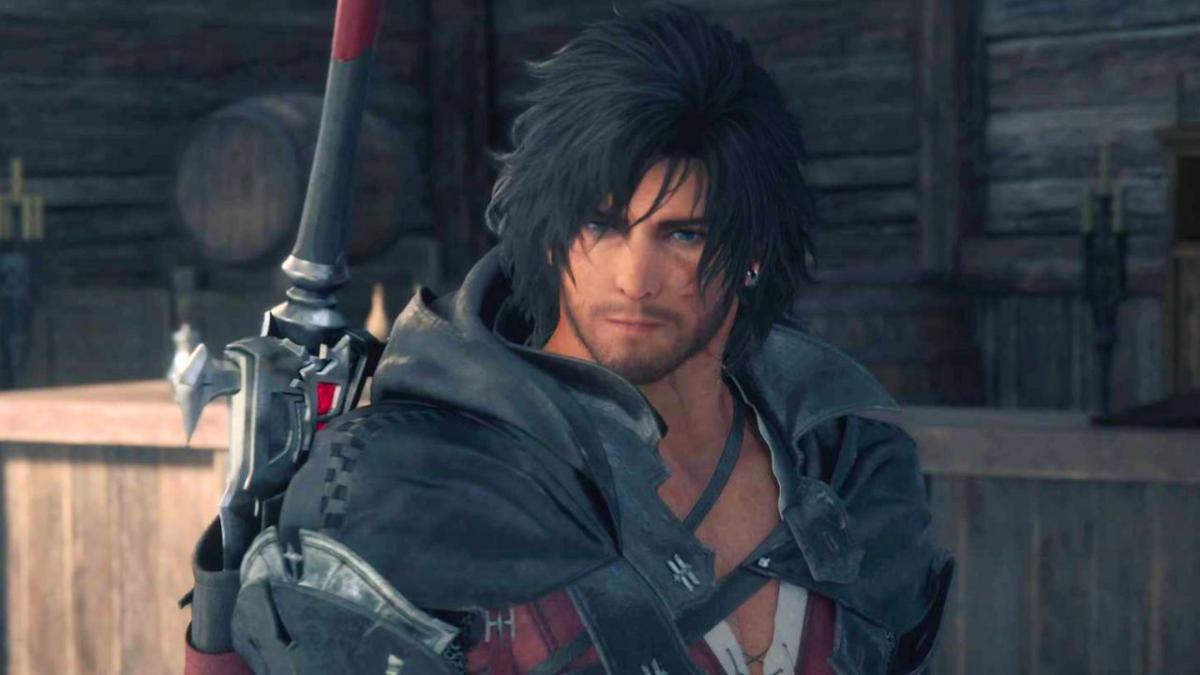
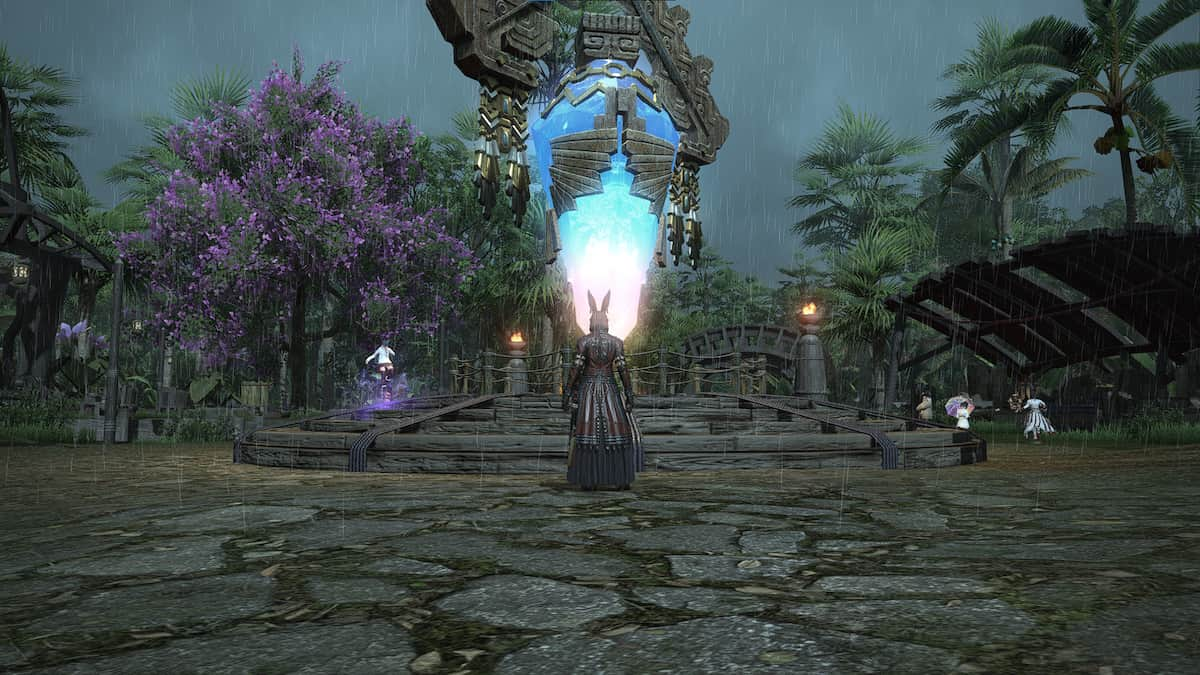
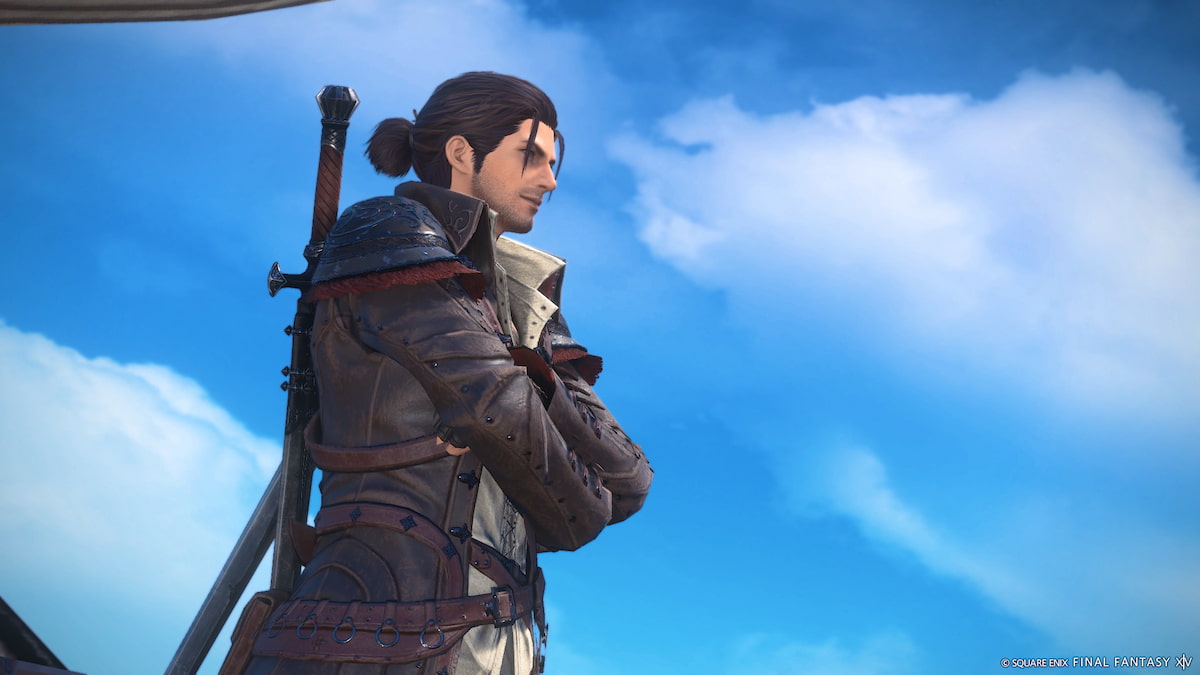
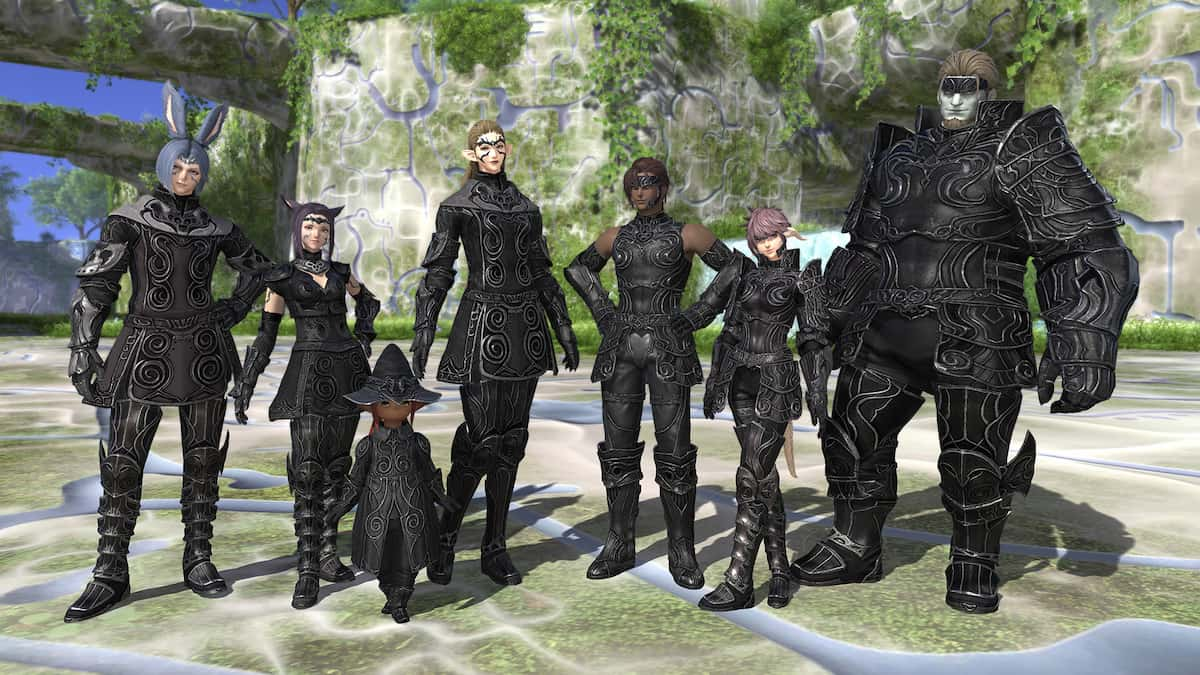
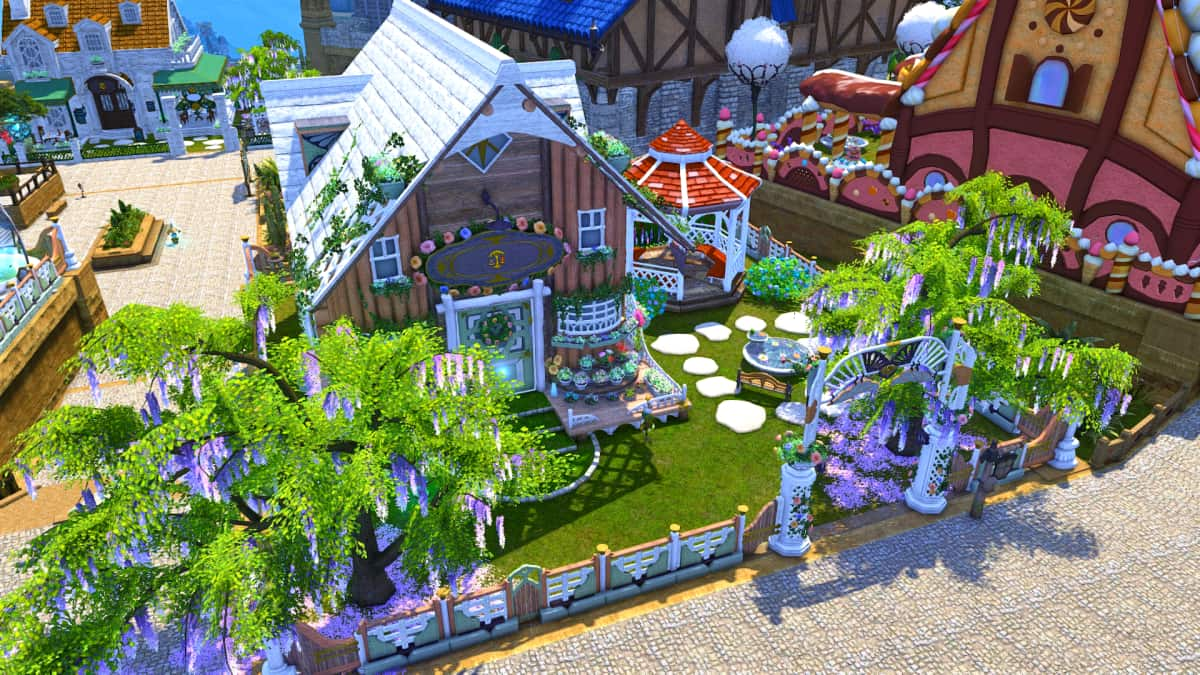

Published: Feb 29, 2024 05:45 am